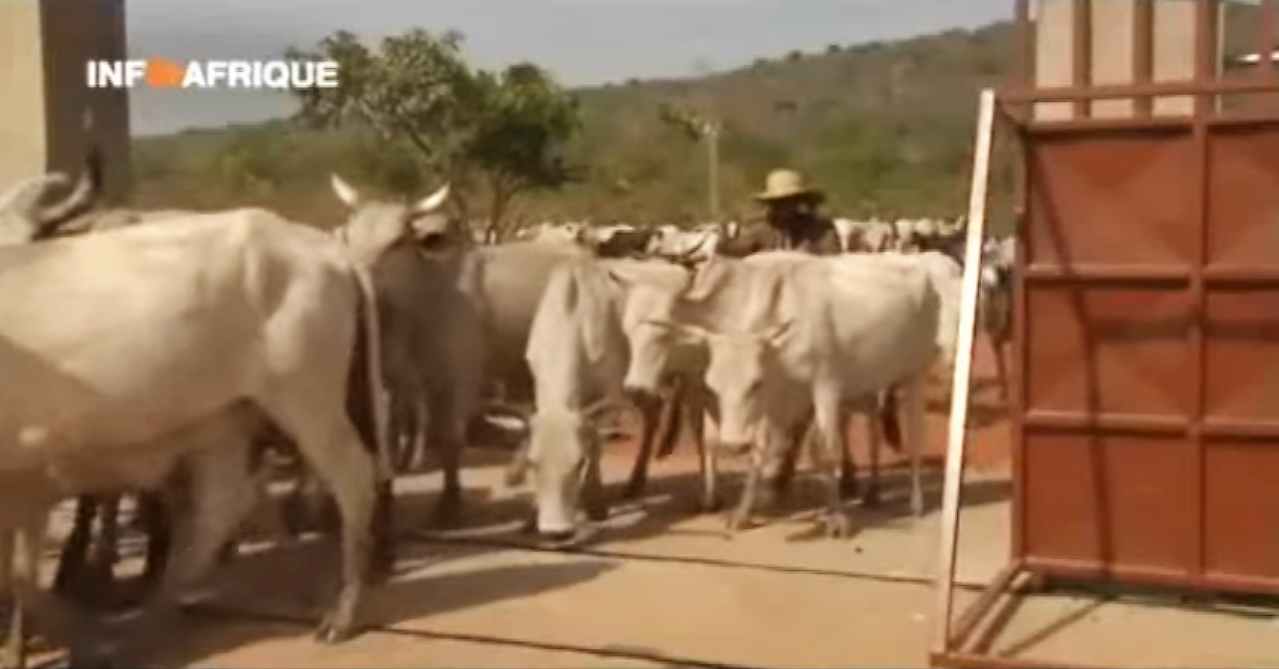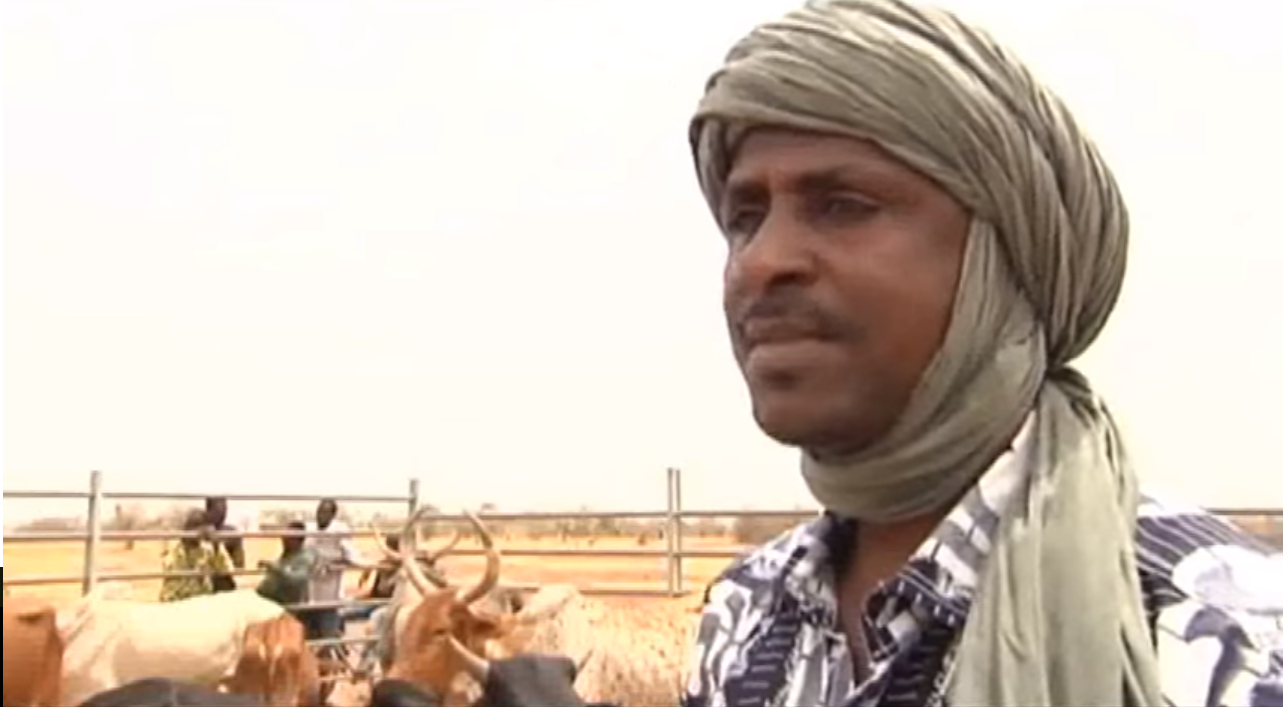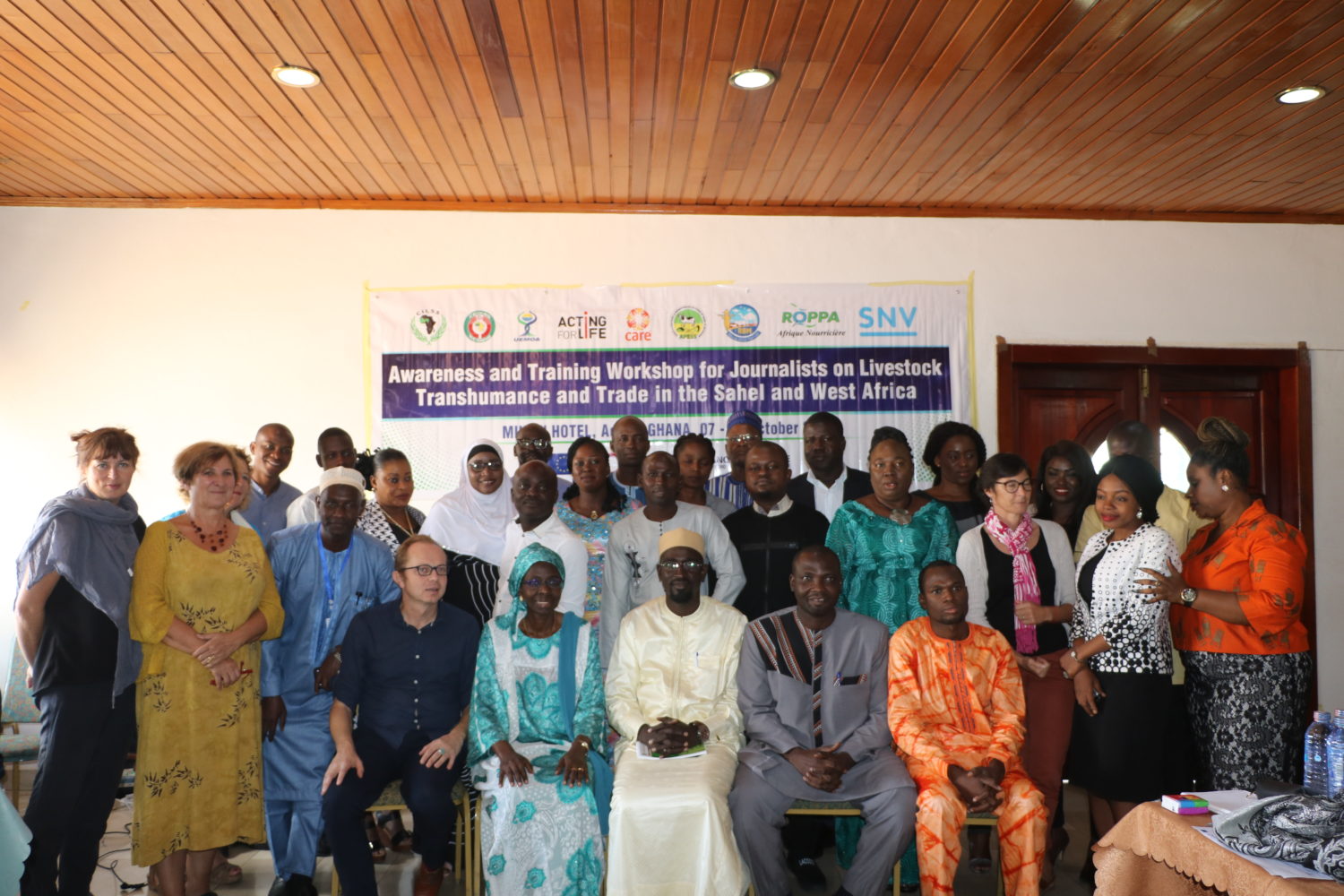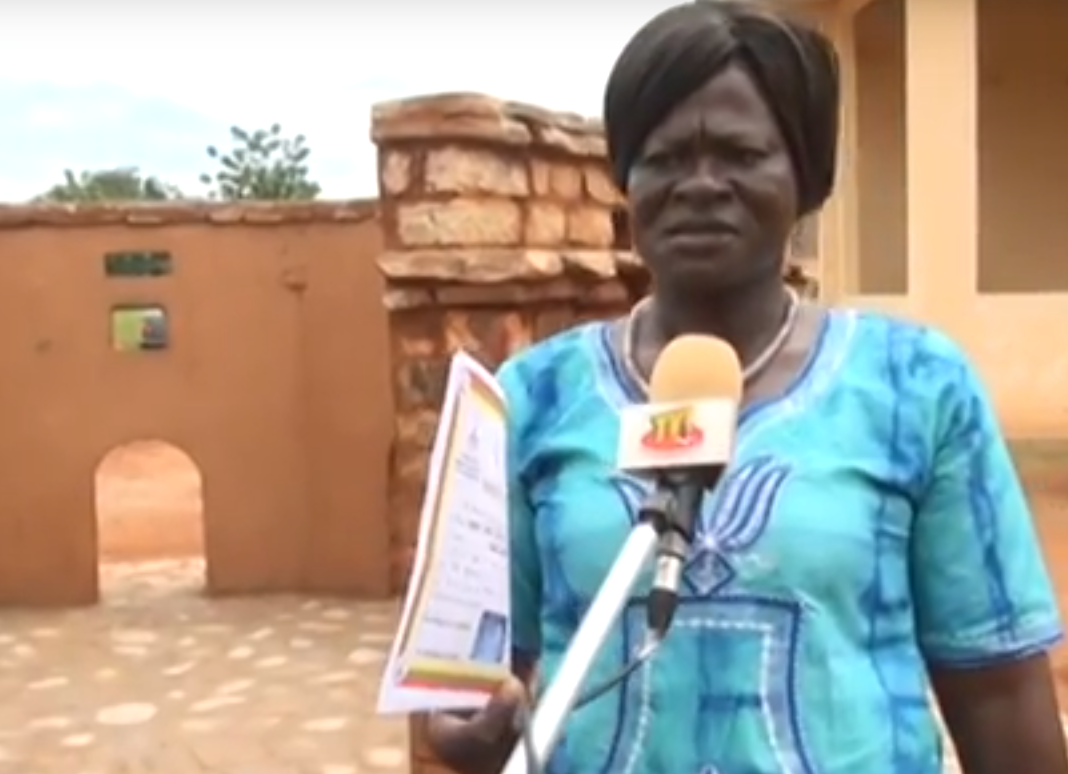15 young electricians trained for a month in photovoltaic electricity, and 15 young people trained in agriculture for 6 months, received their certificates. Their success will give them new prospects for the future. Supported by the PARCS project, these young people received their training at the Centre régional d’enseignement technique et de formation professionnelle in Dapaong, northern Togo.
As part of these training courses, Acting for Life and its local partner GEVAPAF worked for the first time with Humanity & Inclusion (formerly Handicap International) to include two young people with disabilities among the trainees. They also successfully completed their certificates.
A new chapter for young trainees in the PARCS project
At two closing ceremonies held in September, the electricity trainees were presented with kits to help them find employment, so that they can start and/or develop a business. Farmers will receive inputs and equipment according to their specialities and needs.
Obtaining this certificate testifies to their personal investment during their training. They will now be able to take advantage of their new skills and use them to make a positive contribution to local economic development. These young people will continue to be monitored by GEVAPAF for the duration of the PARCS – Projet d’Appui au Renforcement de la Cohésion Sociale au niveau de territoires transfrontaliers stratégiques.
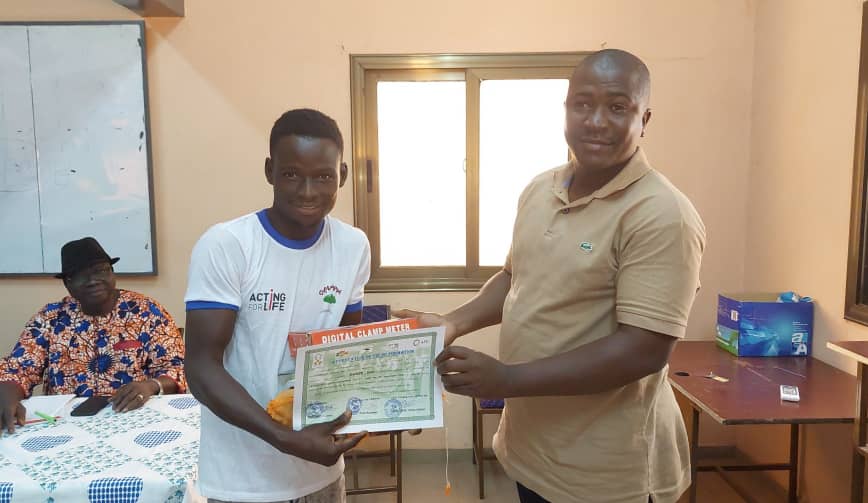
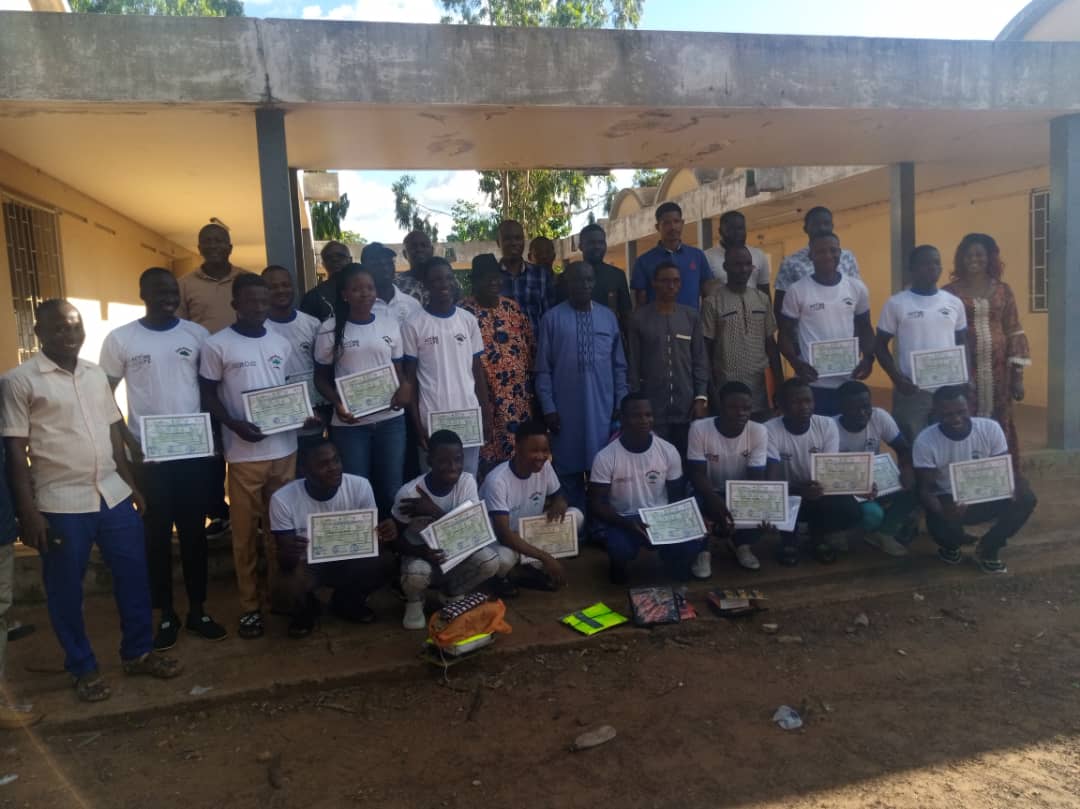
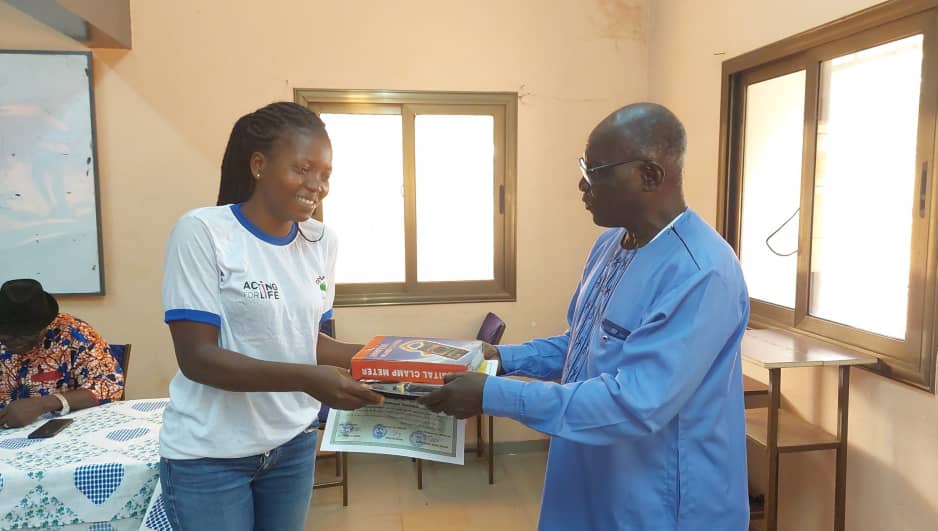
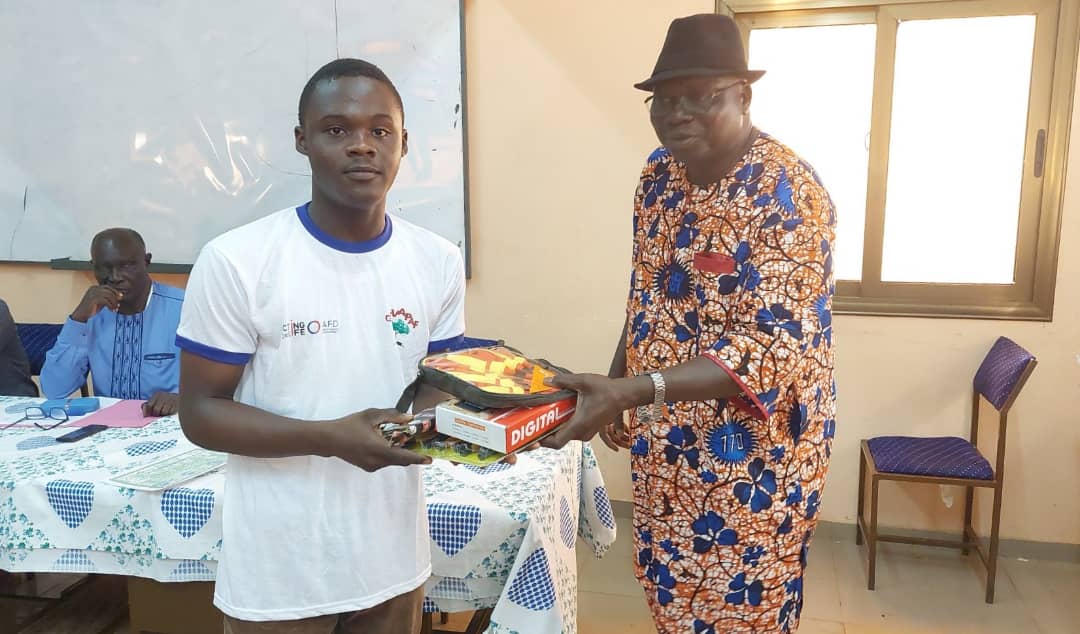
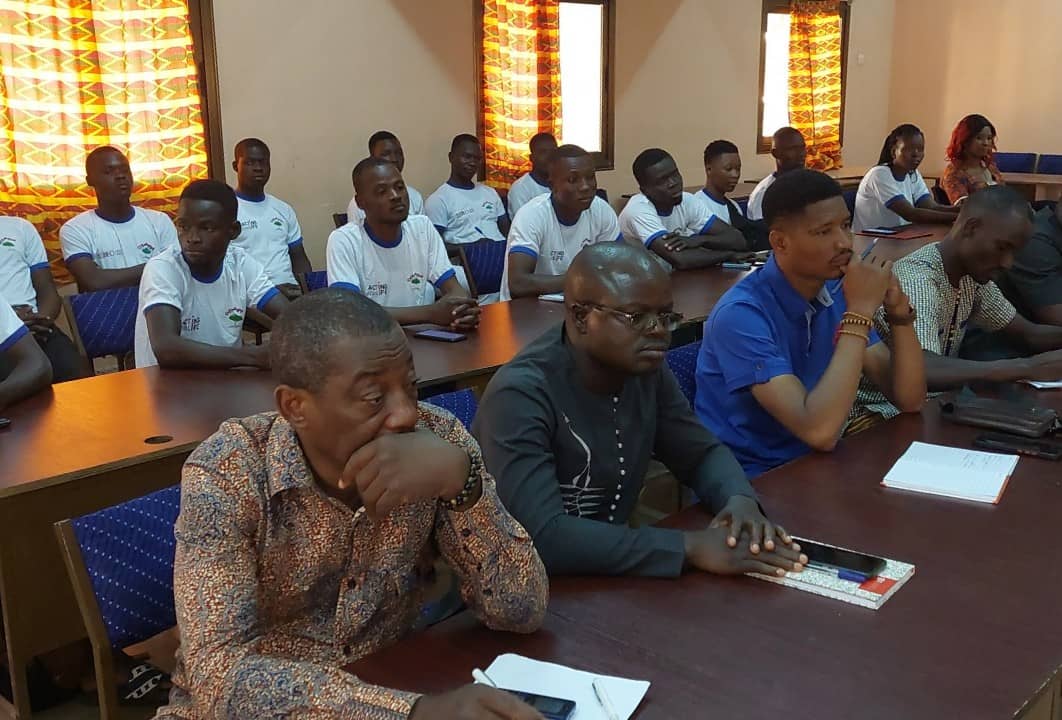
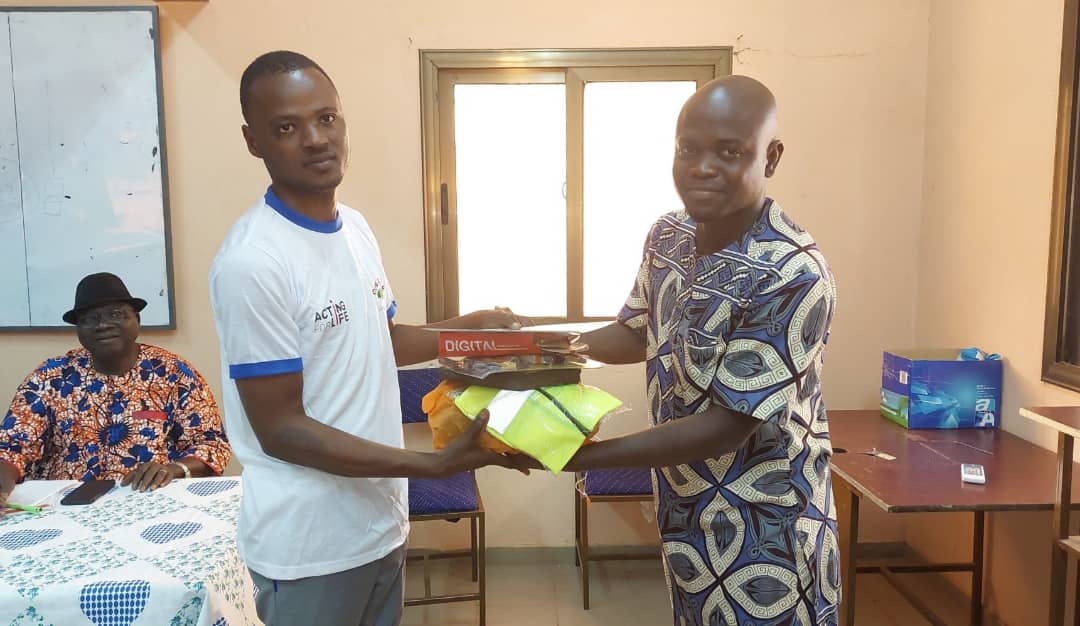
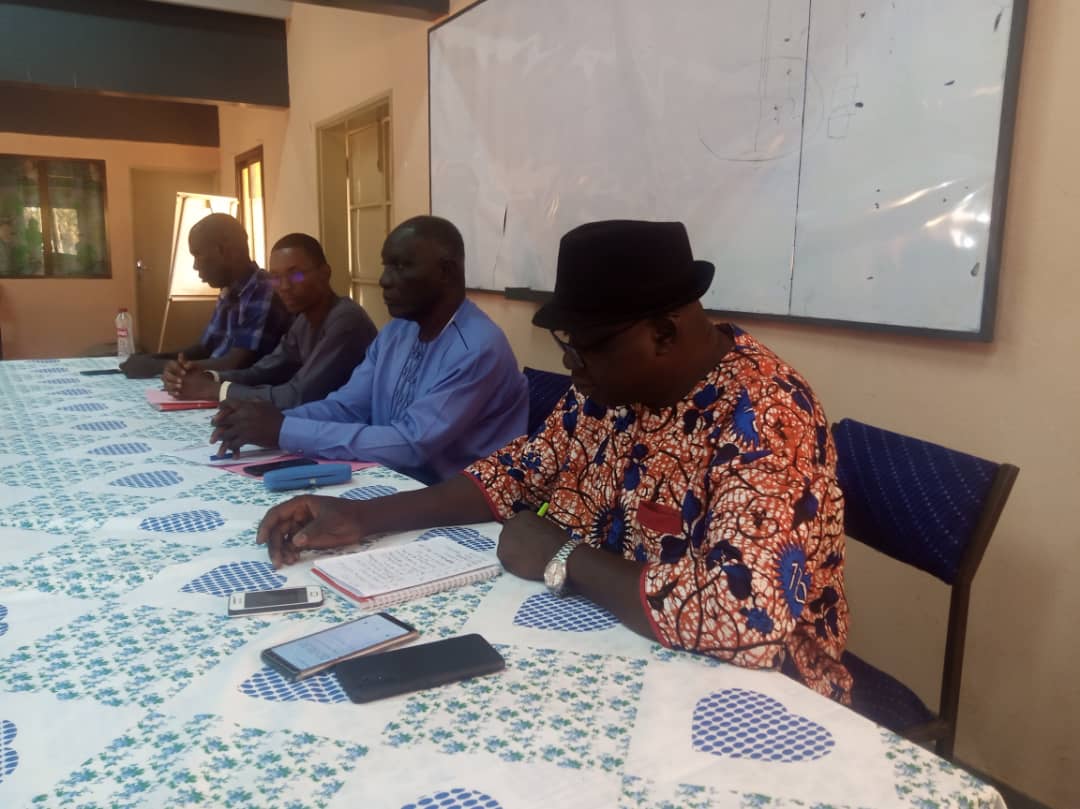
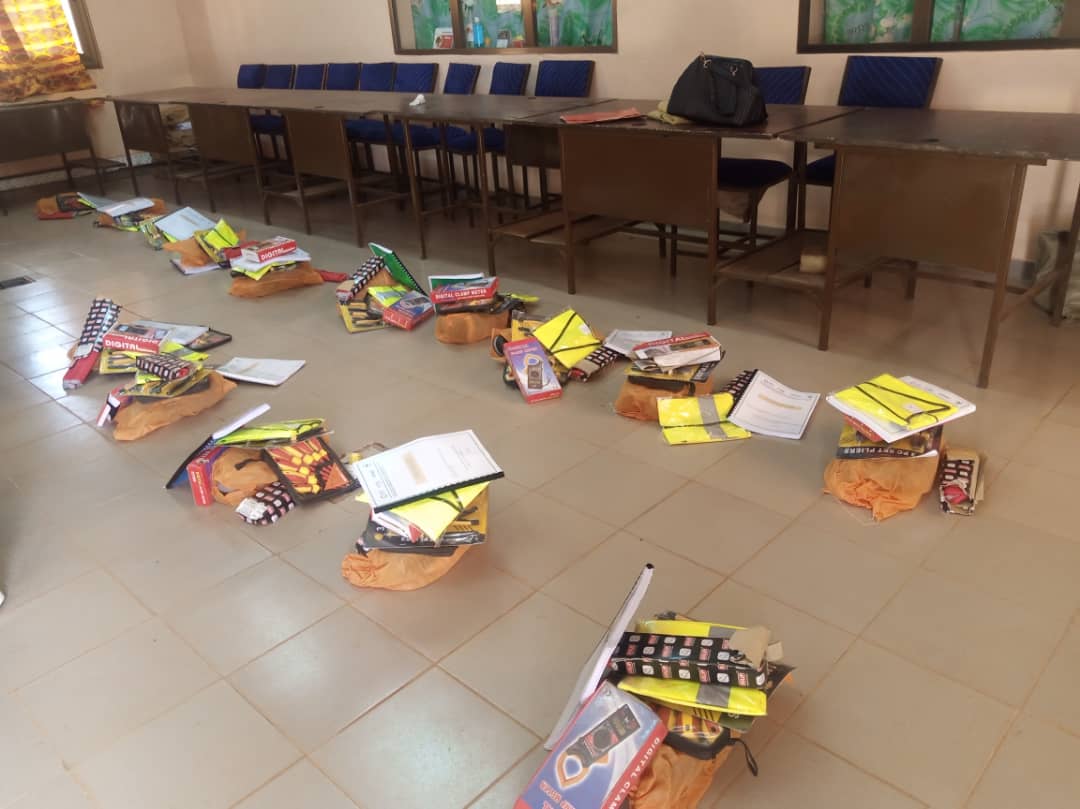
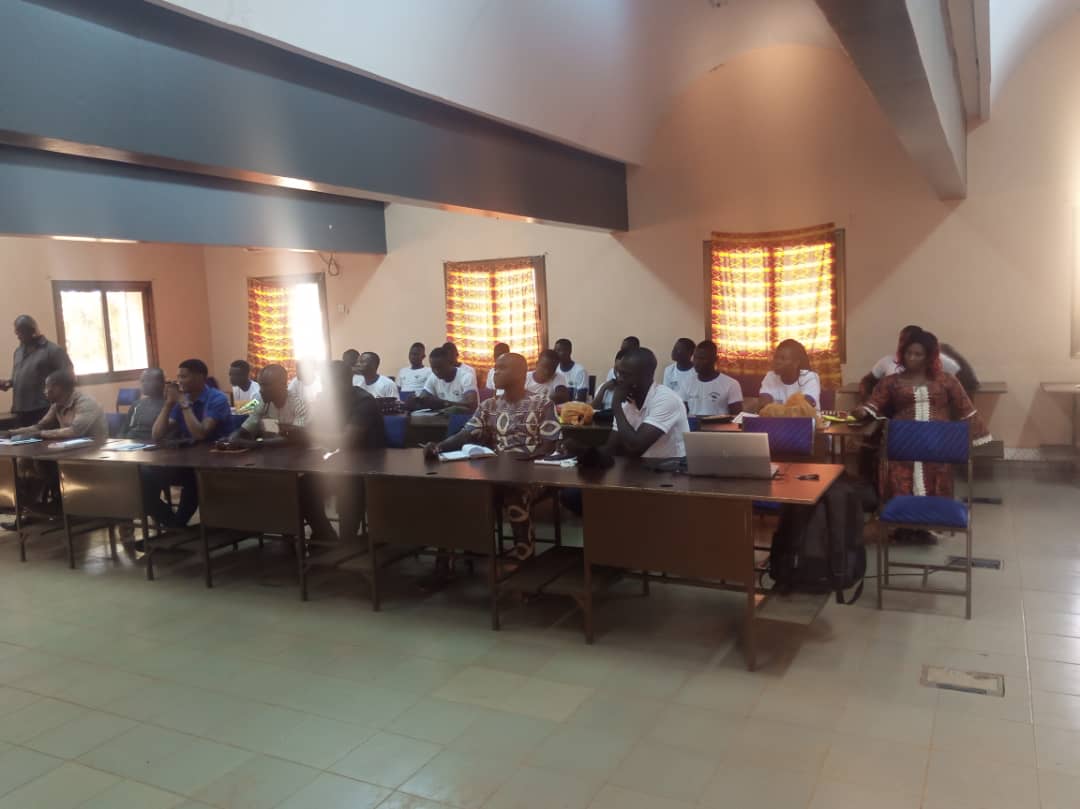
A two-dimensional project in four cross-border territories
The PARCS project aims to strengthen the resilience of young people and livestock farmers and facilitate their participation in decision-making. The specific objective of the project is therefore to support the inclusive socio-economic development of the territories by basing its action on two areas of intervention: Training and Professional Integration and Agropastoralism.
In all the cross-border areas targeted by PARCS, social cohesion is undermined by the lack of prospects for young people and by the deterioration in exchanges between farmers and livestock breeders. By offering training tailored to local needs in construction and agriculture, the project offers young people prospects. In addition, by involving social groups that are often excluded (livestock farmers, young people) in the decision-making process, and by providing an institutional anchor at the level of local authorities and their groupings, the project strengthens social cohesion and will enable the economic development of these strategic cross-border areas.
Running until 2025, the PARCS project is financially supported by the Agence Française de Développement (AFD) and Air France.
